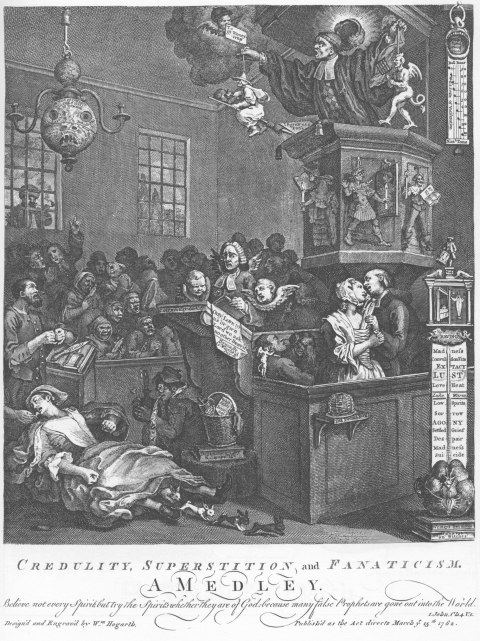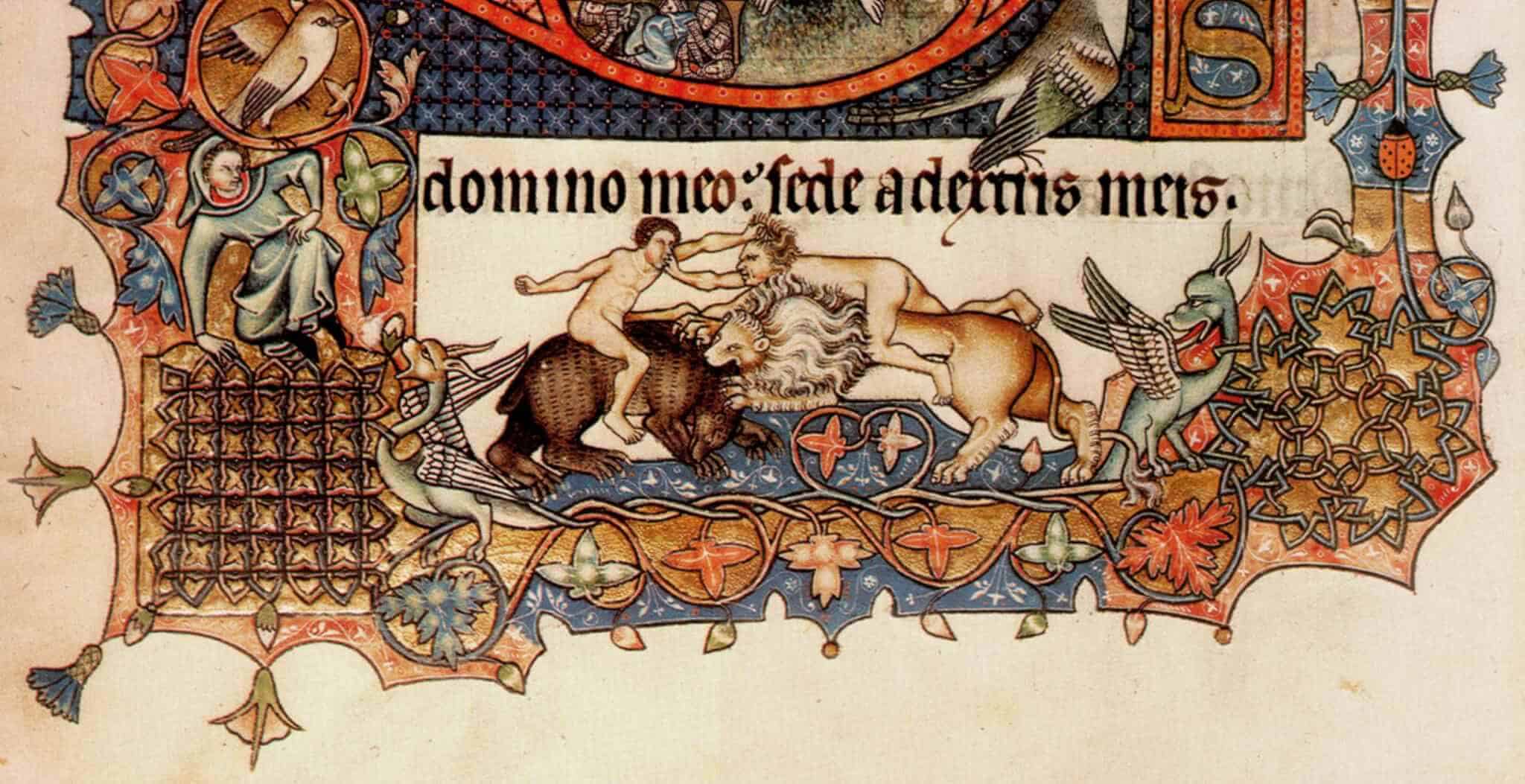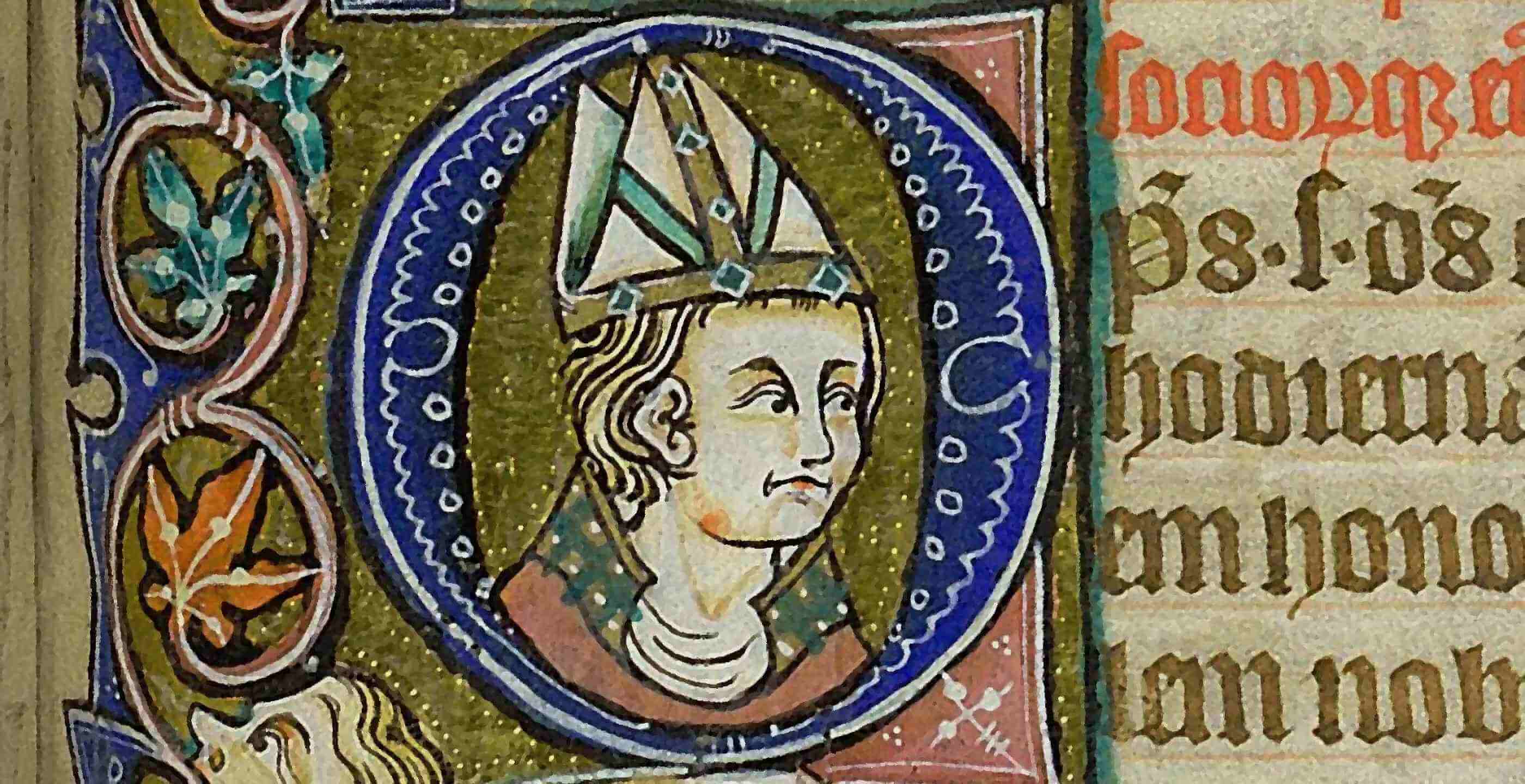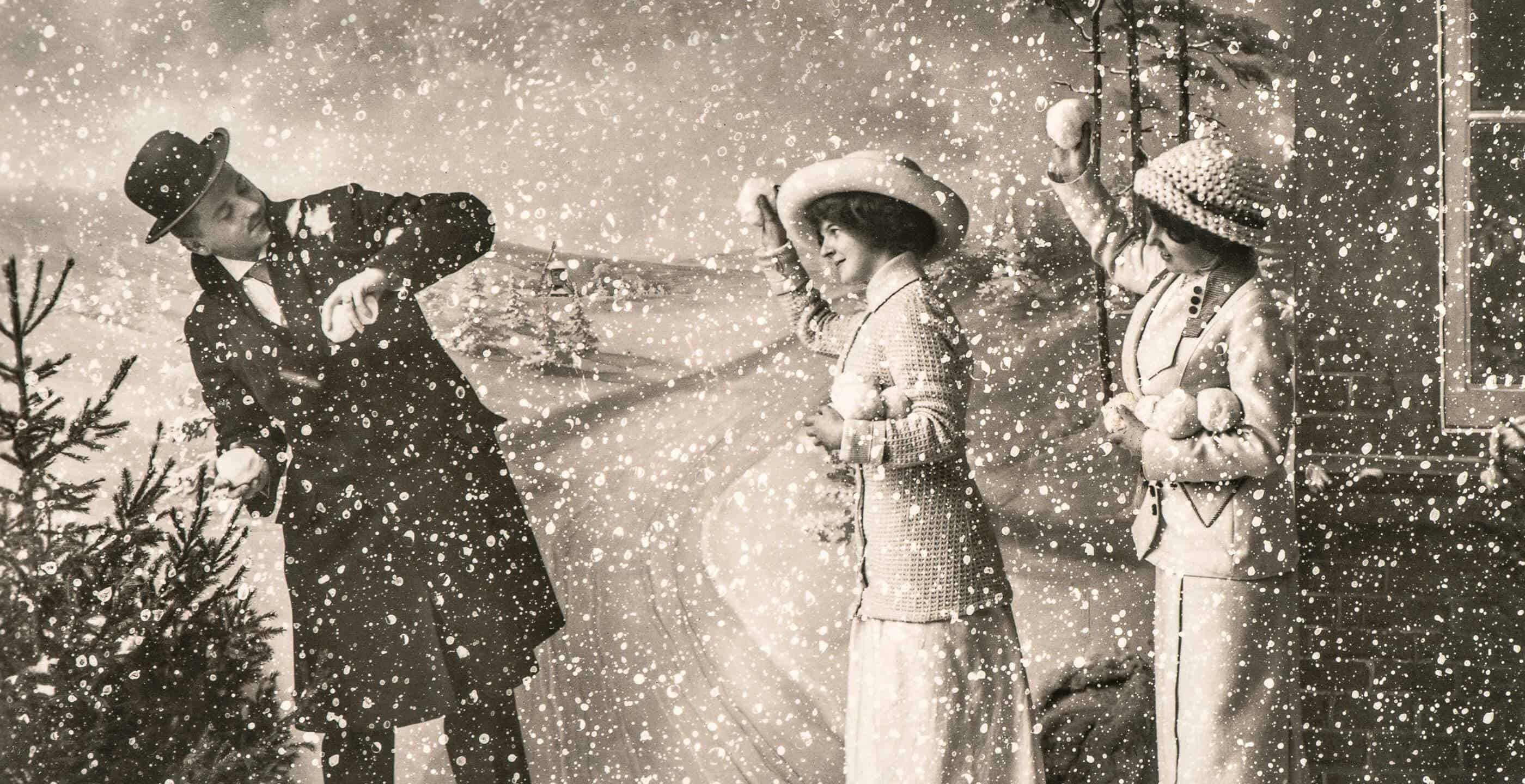In years gone by, numerous customs were observed to ensure that misfortune would not befall us and our loved ones. We may like to think that we live in a sophisticated age, but even in the 21st. century, many customs and superstitions linger on.
Different parts of the country have their own particular superstitions designed to bring good fortune, health and wealth to their house and occupants. Even outside the home certain things had to be done first. For example, to protect the house from witches a rowan tree had to be planted, and under no circumstances must hawthorn be brought into the house before May Day as it belonged to the Woodland God and would bring bad luck!
In days gone by food preparation was surrounded by so many taboos it is amazing anyone got anything to eat. Many housewives believed that food would be spoilt if it was stirred ‘widdershins’ – that is, in the opposite direction to that of the sun. Everyone knows that ‘a watched pot never boils’ and in Dorset it is common knowledge that a slow-boiling kettle is bewitched and may contain a toad!
In Yorkshire, housewives used to believe that bread would not rise if there was a corpse in the vicinity, and to cut off both ends of the loaf would make the Devil fly over the house!
Once at the table, there were numerous other things to watch out for. The best known of course is not to have 13 people at the table, and should someone spill the salt, a pinch had to be thrown over the left shoulder into the eyes of the Devil. Crossed knives at the table signify a quarrel, while a white tablecloth left on a table overnight means the household will need a shroud in the near future.
Two women must not pour from the same tea-pot, if they do, a quarrel will ensue. In Somerset a double-yolked egg was viewed with concern as it foretold of a hurried wedding due to a pregnancy.
To pass on the stairs is unlucky, but to stumble going up foretells a wedding, but to break a mirror means seven years bad luck.

William Hogarth’s Credulity, Superstition, and Fanaticism
Weddings have a host of superstitions and woe betide the bride who ignores them! These are well known and still carried out today. No modern bride will allow her bridegroom to see her on the wedding day before she gets to the church, and if she is wise she will not have put on her whole ‘ensemble’ before the wedding day without leaving off some part of it. Usually she leaves her veil off or takes off one shoe. To be kissed by a passing chimney sweep is very good luck, but it is a very lucky bride these days who can find a chimney sweep on the way to the church! Centrally heated houses have a lot to answer for!
When the newly married couple reach their new home, it is a tradition that the bride be carried over the threshold by the bridegroom. This is to avoid the evil spirits that gather at the threshold.
Pregnancy and childbirth have always been surrounded by magical rites and charms, and the new mother, even in these modern times, makes sure some are still respected.
Choosing the pram before the baby is born is quite safe, but it must not be delivered to the home until after the baby is born. In parts of North Yorkshire it is the custom when visiting the new baby for the first time, to place a silver coin in it’s hand.
Carrying a new baby three times around the house will protect the child from colic. It was also believed that teething troubles could be eased if the gums were rubbed with the mother’s gold wedding ring. Nowadays, well tried folk remedies like these are only used as a last resort after the midwife and Dr. Spock have had their say!
It is easy to dismiss superstition as absurd, but only those who can break a mirror without a second thought are entitled to do so.
By Ellen Castelow.
Published: 5th May 2015.









